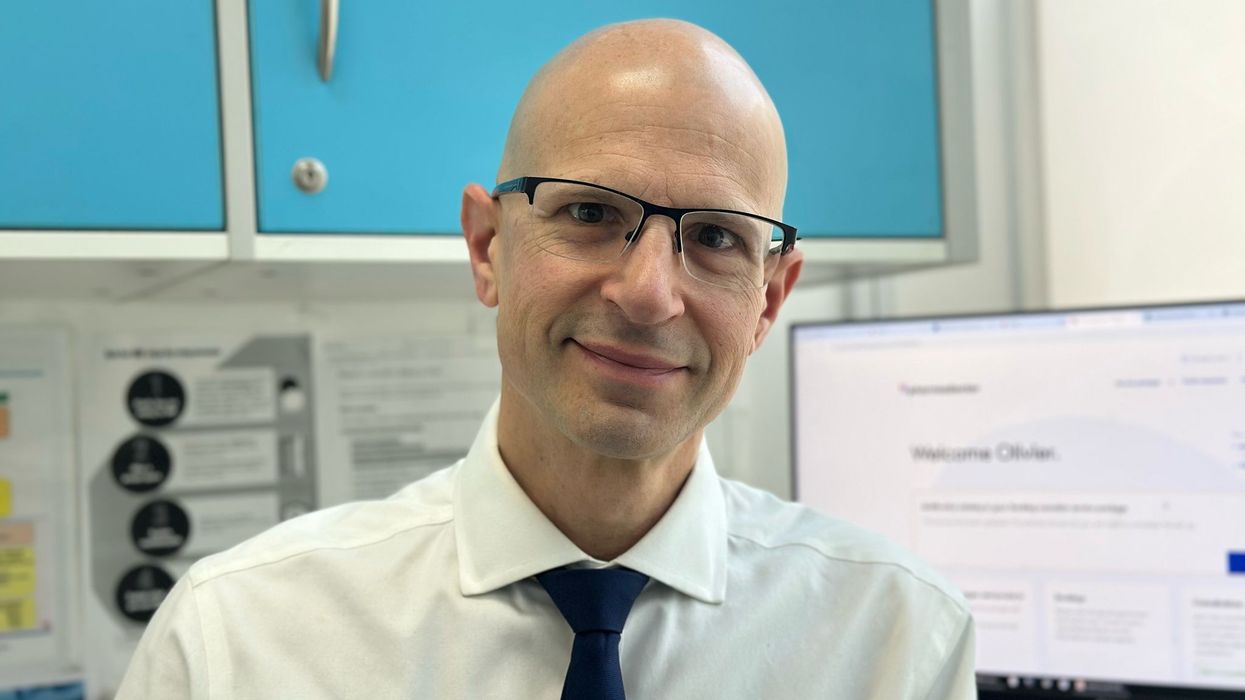When a pharmacy owner has the misfortune to be on the receiving end of a compensation claim because of a dispensing error or some other alleged wrongdoing by an employed pharmacist, locum or another member of staff, the claim is quickly passed on to the owner’s professional indemnity insurer.
A question seldom asked is why a claim is made against the pharmacy owner who has not been negligent, and seldom against the individual pharmacist who made the error.
The answer is a doctrine known as vicarious liability.
Owners are seen as having deeper pockets and until about 15 years ago, individual pharmacists did not have their own professional indemnity cover.
This month, the Supreme Court handed down two important judgments on vicarious liability.
In the Morrisons case, an unhappy employee posted online the payroll data of all the supermarket company’s staff, 9,000 of whom claimed compensation for breach of their confidentiality.
The Supreme Court ruled that an employer is vicariously liable for the wrongful acts of an employee if those acts were closely connected with what he was authorised to do, and that those acts could fairly and properly be regarded as done while acting in the ordinary course of his employment.
The Court ruled that the perpetrator was not engaged in furthering Morrisons’ business, but was pursuing a personal vendetta that was not closely connected with his employment.
So, no vicarious liability.
Until 2005, only an employer could be held vicariously liable, so a pharmacy owner would not have been held vicariously liable for the negligence of a self-employed locum.
The law has developed since then.
In this month’s other Supreme Court case, Barclays Bank had engaged a doctor to carry out medical assessments on employees.
He sexually assaulted many of them.
The doctor had died and could not be sued, so victims claimed that Barclays was vicariously liable.
The legal test was whether the doctor was carrying on business on his own account or whether his relationship with Barclays was akin to that of employment.
The Court held that the doctor was in business on his own account as a medical practitioner, so the claims were rejected.
Employing volunteers for medicines delivery
These days, a court would say that the relationship between a pharmacy owner and a locum was akin to that of employment.
But what about the volunteers who are stepping forward to help deliver medicines during the Covid-19 crisis?
There are so many things that can go wrong, including delivering medicines to the wrong patient or disclosing patient information unintentionally or deliberately.
An injured or aggrieved patient may want to claim compensation and they will probably start with the pharmacy owner, not least because they will know the name of the pharmacy but may not know the name of the volunteer.
A court is likely to decide that delivering medicines was done in the ordinary course of the activities of the pharmacy.
The same applies to an accidental breach of confidentiality.
It is more difficult to decide if the relationship between a volunteer and a pharmacy owner is akin to employment.
If no payment is involved, that points away from vicarious liability.
On the other hand, volunteers are not acting on their own account.
My guess is that a court would say a pharmacy owner is not vicariously liable for the negligence of a volunteer who is not paid.
Pharmacy owners who have to pay compensation because they are vicariously liable can claim a financial contribution from a negligent employee or volunteer so it is wise to check that any volunteer has liability insurance through an organisation that has referred them.
David Reissner is chair of the Pharmacy Law & Ethics Association











